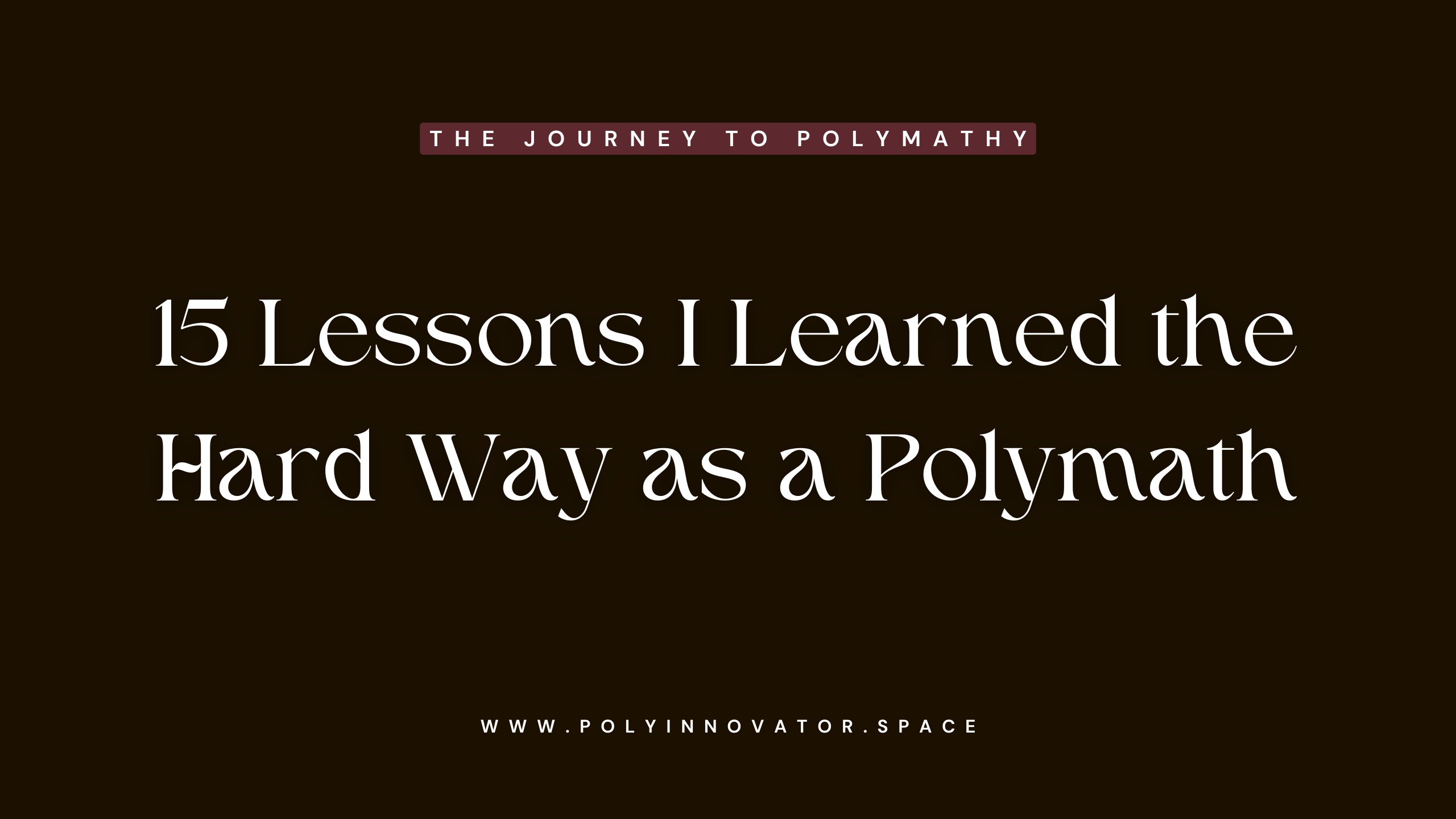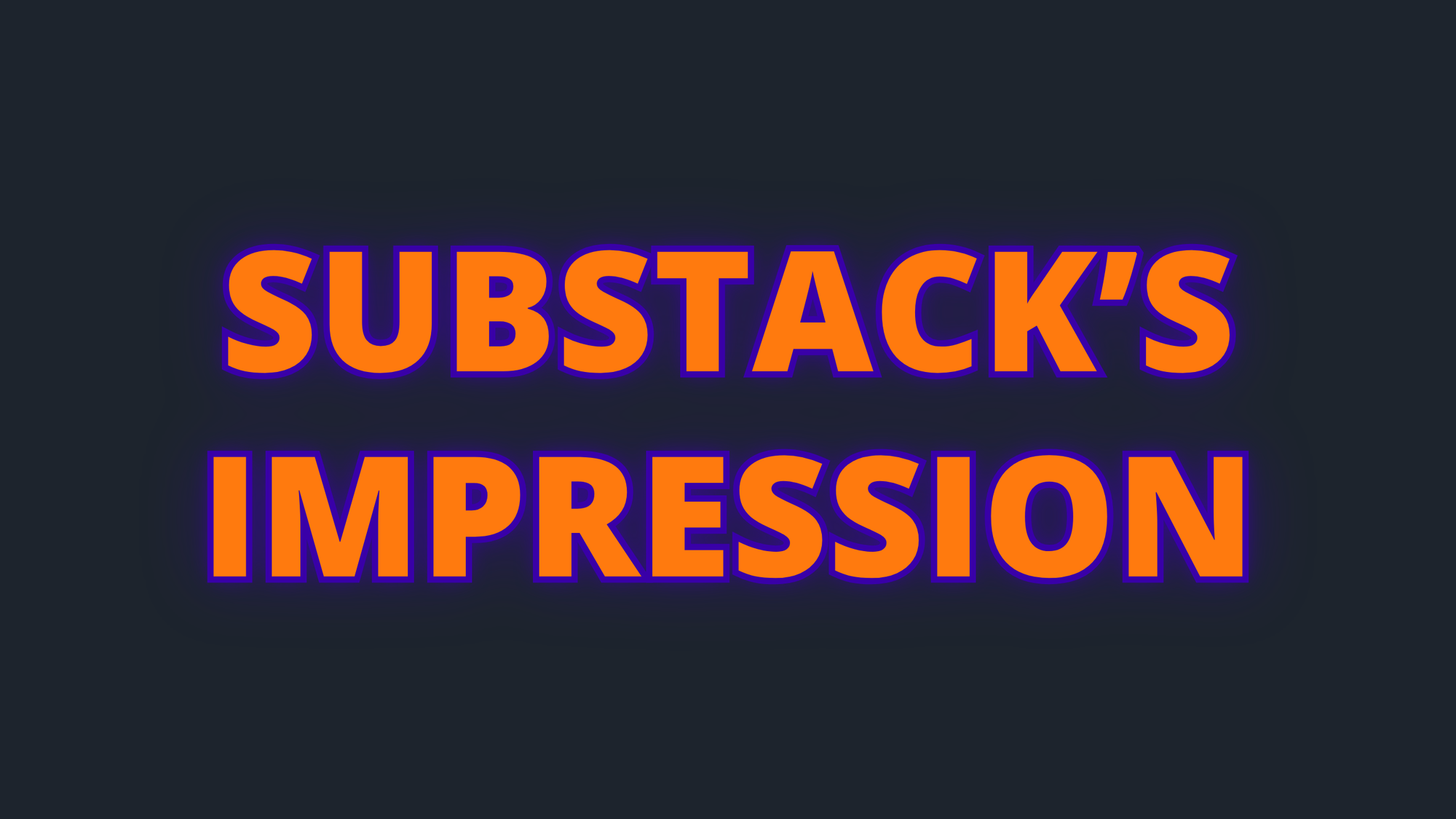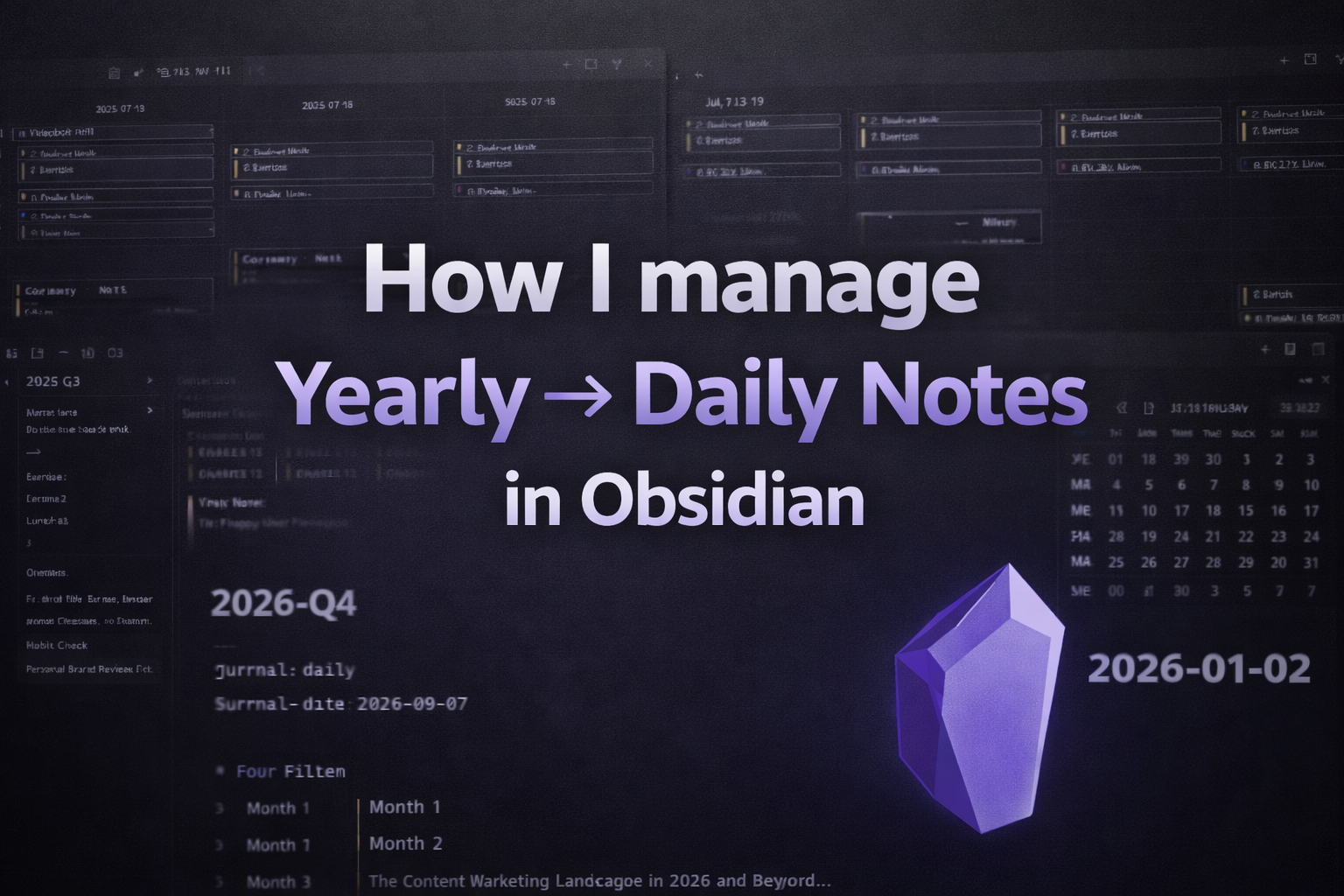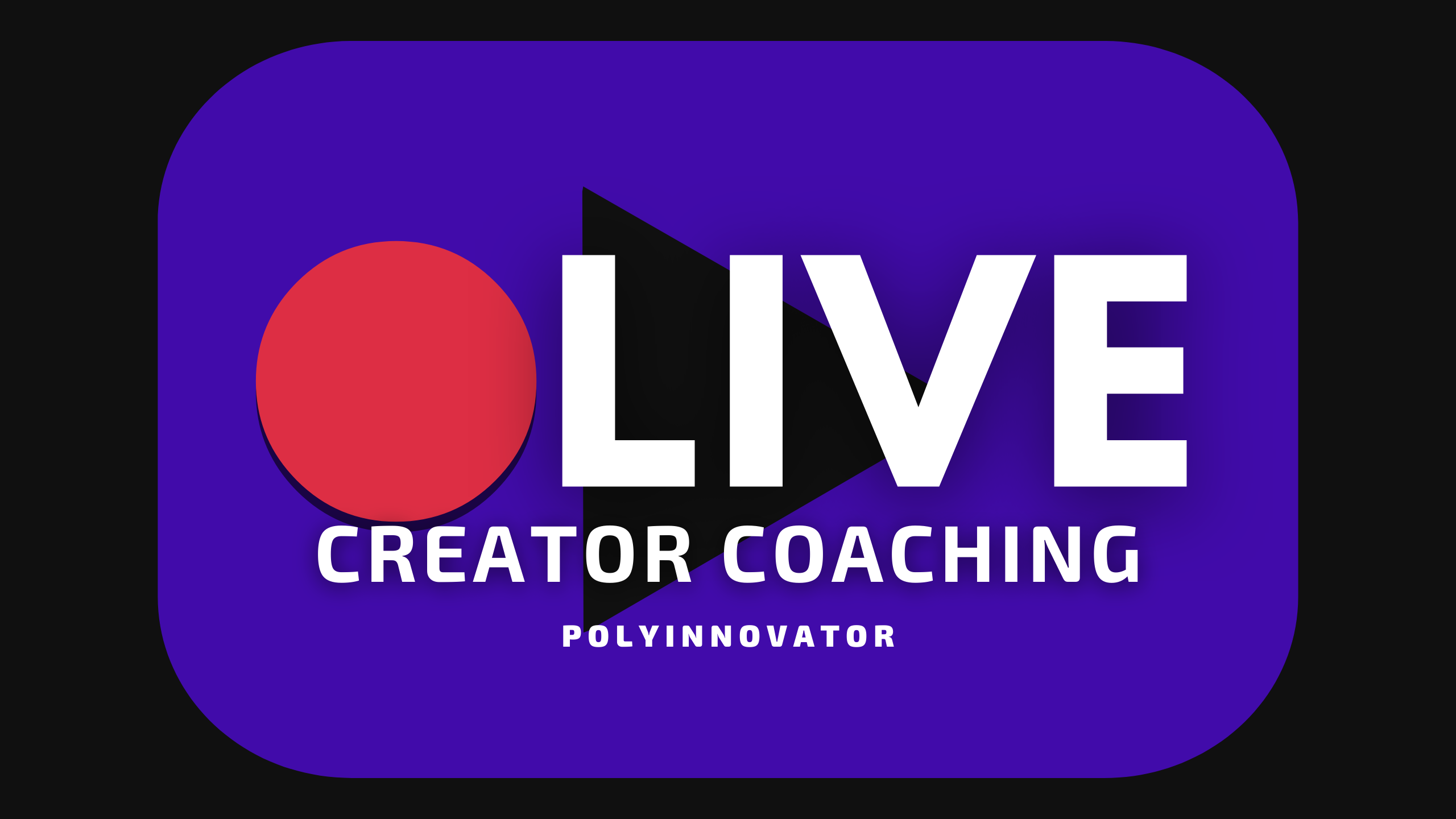This lifelong journey I am sharing through these newsletter blogs, and I feel that I've learned a number of valuable lessons along the way. Thus far! Imagine what it'd be like decades from now. For now that number is 15, and here are those lessons for you today.
#1 Learning how to Market myself is the TOP thing to learn.
Listen you're not going to be able to tell everyone, ALL of the things that you do. They either will not care, or even if they do, they won't be able to take in all of that cognitive load that it takes.
What you must learn how to do, is market yourself in different ways. Think of each thing that you do as arms, each arm must be extended at different times based on who you are talking to.
#2 There are different levels to polymathy.
I discuss what I called the Multidisciplinary Spectrum a lot (a range of polymathic/multidisciplinary titles), but even within that there are sub-levels to polymathy as well.
From the creative polymath to the more scientific polymath, and even beyond that based on how much impact you have made IN those fields.
#3 There are two approaches: Serialized and Juggling.
How you go about your various fields in life is up to your own choice. However I've found that it comes down to two ways. One right after the other, and spinning many plates at once.
Both are valid, and both are needed.
I predict that it is going to be switching between the two strategies. I think even specialists do this, but they don't think about it. Generalists/Polymaths HAVE to think about it. I think we switch every decade, year, quarter, month, etc. Although it may not always be planned.
#4 The Hourglass Analogy.
Spinning off of Epstein's story about sports players in his book RANGE, but this idea that we go WIDE in order to find what we want to go DEEP into.
Then I realized that it happens multiple times in life, wide then deep, wide then deep. Akin to the shape of an hourglass.

#5 The Educational system is NOT FOR US.
Polymaths need a modular educational framework in order to truly be successful in the learning environment.
Hence why I created the do it yourself Modular Degree/Modegree, as I wanted to create my own education. However I wonder how popularizing we can make it for a much grander scale.
#6 Not everything needs to be at an expert level.
Going back to that spectrum mentioned earlier, that is based on level of expertise in how many areas, and how deep you are in those areas. A polymath for example is 3 or more EXPERT level areas.
Whereas a generalist may be many areas but only at a journeyman or apprentice level of expertise in those fields.
As a polymath we may find a new interest fascinating, and partially due to the specialist society we live in; However it is also our own thinking/mindset as well, there is this desire to pursue that knowledge area all the way into deep specialization. But the lesson I learned is that not everything needs to be learned that deeply. Sometimes it is okay to stop pursuing a skill at a certain point.
#7 The concept of "Proto-Polymathy".
The idea of polymath ISN'T inherently an ego thing, as much as some people might think. However I've found that calling myself a proto polymath, helped when talking to some people where I could tell THEY thought it was an ego thing.
A lot of people other than me have called Me a Polymath, and I graciously take it. However I love this idea that I am BECOMING a polymath. It gives perspective, and highlights the journey (hence this newsletter).
#8 The negative stereotype/bias of the WORD polymath.
Akin to how people often think of the "jack of all trades" term as a "master of none", or someone that is a dilettante. When in actuality it continues "but often BETTER than a master of one", which gives it a more positive connotation.
There is this belief in some circles, not all, that someone calling themselves a polymath is an egotistical thing.
When in actuality most of the time, it is more of an identifier. People who call themselves that, cling to that word "polymath", as they finally have a word they can use to define/explain themselves to others.
#9 It is a lifelong journey...
Not only do I think it takes a lifetime to figure yourself out fully, and what you want to continue learning/pursuing. There is also the fact that it takes time to achieve your goals.
Some people don't become polymaths until the end of their lives. Some posthumously as well.
#10 There are different ways of understanding Polymathy.
This goes into the ideas of multidisciplinary, interdisciplinary, antidisciplinary, and a-disciplinary.
Some people think of it more academically, others still more creatively centric, and others still in a more combined way. I'm more of the latter, and one's approach to polymathy is unique.
#11 The Renaissance man is NOT the Polymath
A renaissance person is that of in particular the Italian renaissance, such as Da Vinci or Michelangelo, and they were the people who wanted to know EVERYTHING.
At that point in history, there was a high likelihood that you could theoretically learn everything that humanity has collectively learned thus far. However since that time, there has been exponentially more subjects and fields created/learned.
That in the end you could never fully master every field.
#12 Quantifying your Fields in Polymathy is Hard
How does one know WHAT level of knowledge you are in a particular field. How do you define the expertise you have of that area of knowledge? 10,000 hours? Well that has been disproved a bit, and even Gladwell has changed his mind a little on it. Depending on how deliberate your practice is, and how high quality it is. In addition interleaving/transcontextual thinking can help improve your learning rate.
So many factors go into your level of knowledge, and we ourselves may not fully know how to define our level of expertise. I do consider myself an expert in 3 fields, so I technically fall under the polymath moniker. However I feel that I could be deeper, and I feel that I could know more areas before I called myself a Polymath.
Quantifying your level of knowledge.
#13 Elitism in Polymathy
While not common, and it does relate to the ego thing I mentioned earlier. In fact perhaps it is what CAUSES the ego perception.
There are some folks who think that because they are a polymath/polymathic, that they are BETTER than others. Or that it puts them in a special club.
When in my view it is actually far more common than people realize to not only be polymathic, but a polymath. As people become polymaths by the end of their lifetime, after working many careers. However they never saw themselves as such.
This idea that being a polymath makes you an elite is silly and territorial in an area that doesn't have territories. It literally blends fields together in a person, so it is the "anti-territory" mindset.
#14 Relearning and Unlearning
This goes for anyone, but I Think for Polymaths it is even more important. We tend to pick up many different skills or knowledge. However knowledge changes so rapidly, that we need to keep up with the new research or ideas.
Unlearning what we learned before.
Additionally, since we spread ourselves so much, there can be this situation where we didn't learn something WELL ENOUGH. It didn't cement, so that means we need to RELEARN it again.
Finally, #15, it is an ever learning process!
Sort of a copout but it is true! I am trying to learn this final lesson myself.
You will never finish learning, and the next lesson may very well be right around the corner.
I hope these lessons help you on YOUR Journey.
If any of these lessons stand out to you as well, and I haven't written on them enough. Let me know, and I'll make one of the future posts about it!
Read more:
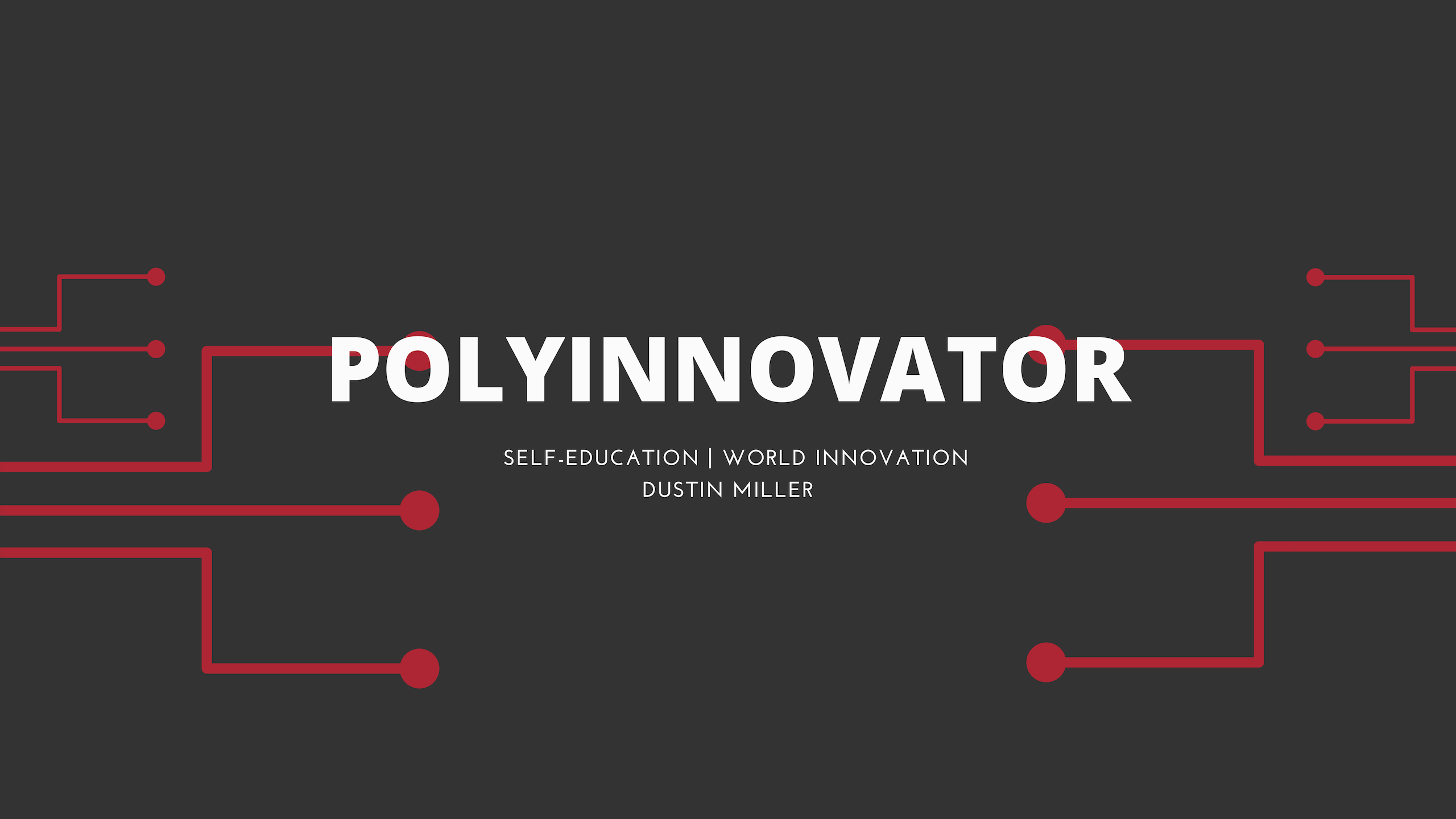

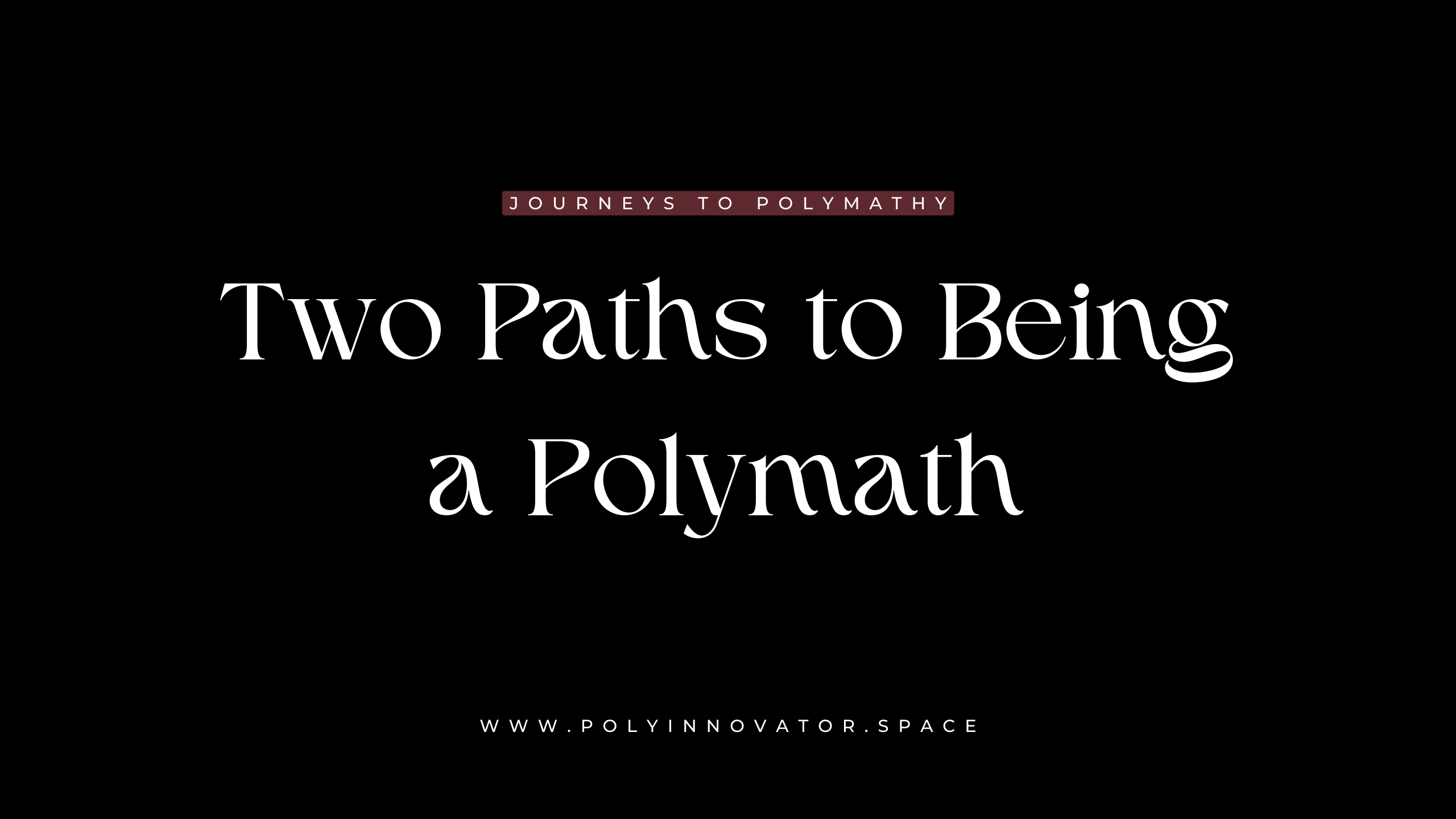
![Official Website for Dustin Miller PolyInnovator [LLC]](https://polyinnovator.space/content/images/2025/03/polyinnovator-logo-2024.png)

